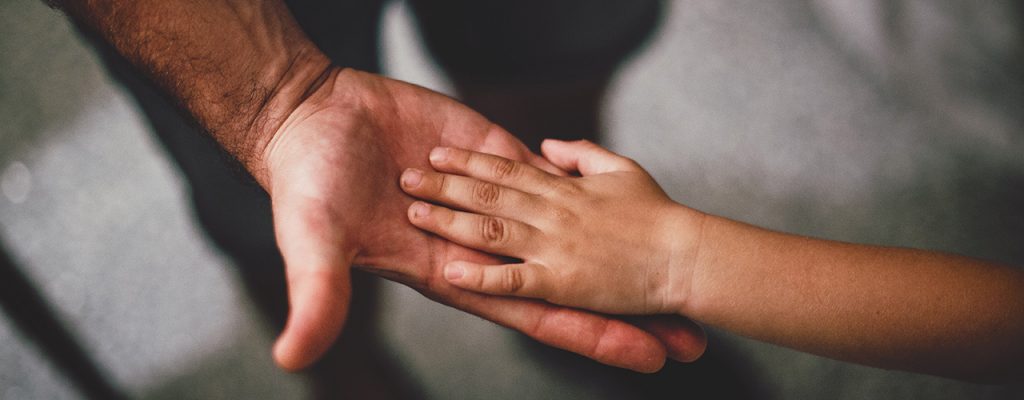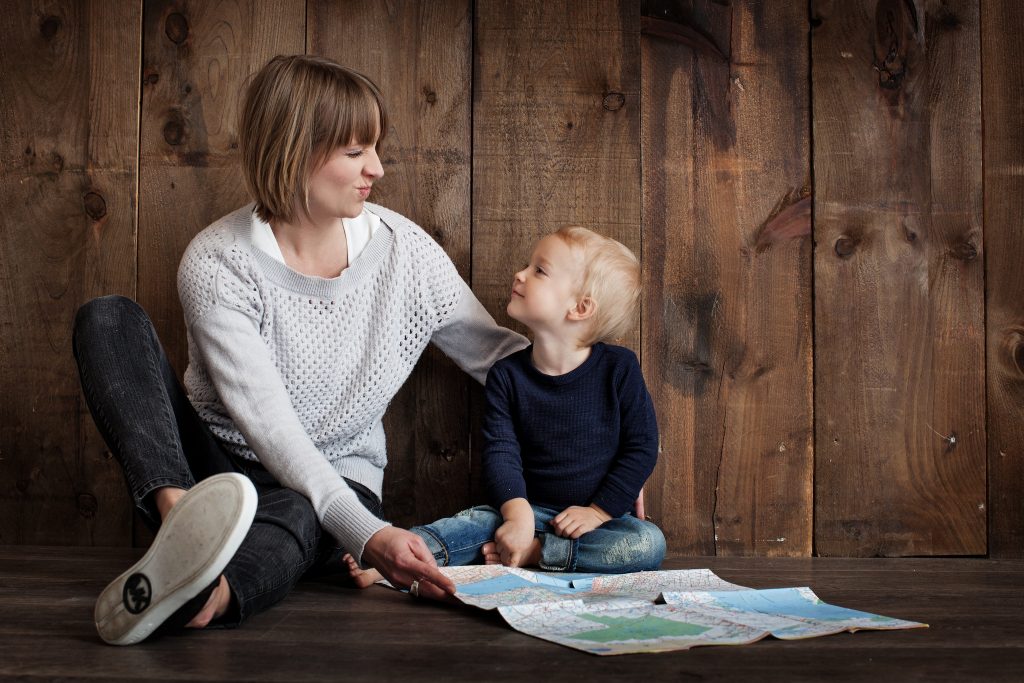Most people who get sick with COVID-19 will have only mild illness and should recover at home.  Care at home can help stop the spread of COVID-19 and help protect people who are at risk for getting seriously ill from COVID-19.
Care at home can help stop the spread of COVID-19 and help protect people who are at risk for getting seriously ill from COVID-19.
Older adults and people of any age with certain serious underlying medical conditions like lung disease, heart disease, or diabetes are AT HIGHER RISK for developing more serious complications from COVID-19 illness and should seek care as soon as symptoms start.
COVID-19 spreads between people who are in close contact (within about 6 feet) through respiratory droplets produced when an infected person coughs or sneezes.
Monitor the person for worsening symptoms. Know the emergency warning signs.
-
- Have their healthcare provider’s contact information on hand.
- If they are getting sicker, call their healthcare provider. For medical emergencies, call 911 and notify the dispatch personnel that they have or are suspected to have COVID-19.
Prevent the spread of germs when caring for someone who is sick
-
- Have the person stay in one room, away from other people, including yourself, as much as possible.
- If possible, have them use a separate bathroom.
- Avoid sharing personal household items, like dishes, towels, and bedding
- If facemasks are available, have them wear a facemask when they are around people, including you.
- It the sick person can’t wear a facemask, you should wear one while in the same room with them, if facemasks are available.
- If the sick person needs to be around others (within the home, in a vehicle, or doctor’s office), they should wear a facemask.
- Wash your hands often with soap and water for at least 20 seconds, especially after interacting with the sick person. If soap and water are not readily available, use a hand sanitizer that contains at least 60% alcohol. Cover all surfaces of your hands and rub them together until they feel dry.
- Avoid touching your eyes, nose, and mouth.
- Every day, clean all surfaces that are touched often, like counters, tabletops, and doorknobs
- Use household cleaning sprays or wipes according to the label instructions.
- Wash laundry thoroughly.
- If laundry is soiled, wear disposable gloves and keep the soiled items away from your body while laundering. Wash your hands immediately after removing gloves.
- Avoid having any unnecessary visitors.
- For any additional questions about their care, contact their healthcare provider or state or local health department.
- Have the person stay in one room, away from other people, including yourself, as much as possible.
Stokes County Health Department contact information can be found here.
Information provided by CDC here https://www.cdc.gov/coronavirus/2019-ncov/if-you-are-sick/care-for-someone.html




 As public conversations around coronavirus disease 2019 (COVID-19) increase, children may worry about themselves, their family, and friends getting ill with COVID-19. Parents, family members, school staff, and other trusted adults can play an important role in helping children make sense of what they hear in a way that is honest, accurate, and minimizes anxiety or fear.
As public conversations around coronavirus disease 2019 (COVID-19) increase, children may worry about themselves, their family, and friends getting ill with COVID-19. Parents, family members, school staff, and other trusted adults can play an important role in helping children make sense of what they hear in a way that is honest, accurate, and minimizes anxiety or fear.




 If there is COVID-19 in your community:
If there is COVID-19 in your community: